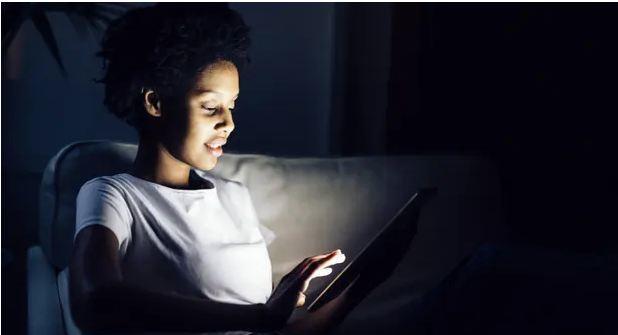Previous studies have shown a positive correlation between early rise and subjective well-being. But why should the "night owl" have a lower happiness index than the early star people? No one knows the exact reason, scientists believe, possibly related to more light or better sleep patterns.
According to foreign media reports, a new study in the journal Sleep Research in November pointed out an unexpected influencing factor - "night owls" are unhappy, in addition to physical factors, but also because they receive less social support from relatives and friends.
The University of Warsaw study, which looked at 1,067 adults with a median age of about 36, explored potential influencing factors for the association between sleep types and subjective well-being. The findings again support the positive correlation between early rise and well-being.

↑ Infographic
Researchers believe that early risers are more accustomed to the timing of social activities during the day, such as going to school and work. The "night owl" has a "social jet lag", its physiological clock and social clock do not match, and when forced to adapt to study and work arrangements, it is prone to a series of negative mental health conditions, such as anxiety and depression. Early risers are less likely to be affected by some emotional disorders, and their emotional regulation ability is also stronger. People who sleep late have greater difficulty in self-control and are relatively less able to process and regulate negative emotions.
In addition, the new study also points to another influencing factor – the correlation between sleep patterns and social support. Early risers have higher levels of social support and satisfaction with life, regardless of whether they accept or feel from family, loved ones, and friends. High levels of social support have a positive effect on people's mental health and well-being, can effectively reduce negative effects such as stress, and can also help reduce depression. Moreover, social support itself is a barometer of people's subjective state, which in turn promotes better sleep.
However, Joanna Gorgott, lead author of the study, points out that there is no type of sleep that is necessarily better or worse, but some people naturally prefer to go to bed early and get up early, while others prefer a later schedule.
Red Star News reporter Lin Rong
Edited by Zhang Xun
(Download Red Star News, there are prizes for the newspaper!) )